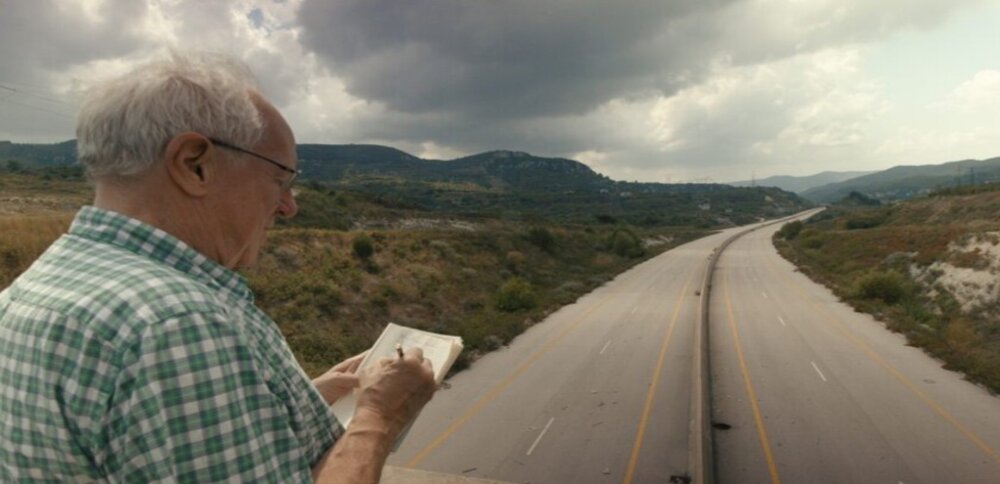Not too long ago, during a book presentation in Italy, one of the reviewers, a media observer who was also a journalist, asked that she not be introduced as a former journalist, but as an author. Apparently, being a book writer is now considered more prestigious than a simple reporter. This vignette begs a question: Who is, or better yet, what is a journalist?
A traditional journalist is not an intellectual (even though several academics have defined journalists as “public intellectuals”) since being a reporter requires lots of time for writing, talking to people, and fact-checking. That means that there’s hardly any time left for reading books.
As for “what” a journalist is, the simple answer is that… well, he/she is someone who provides “just the facts, ma’am” (as actor Jack Webb used to say when he played a detective in the 1951-1959 TV series Dragnet). Indeed, a good journalist is like a mirror that reflects what is out there — without philosophical embellishments or invented facts.
Journalists collect facts through interviews, check their accuracy through research, and put everything together using a simple formula that includes the what, where, and how. Plus, they make sure that stories are “balanced.” There are even companies out there that are paid to count the number of words or the number of radio/TV minutes that journalists give to a particular group. In other words, if a statement is countered by a response, the latter has to receive the same space/time consideration, no matter how silly the response is.
On the other hand, book writers can be as creative as they want to be, even with facts, and they’re lauded for that. They can re-interpret the information collected, change settings, and invent characters. This fake news is called “poetic license” or the story is said to be “based on a true story.”
A journalist is never right. Accurate, yes. Right? Never! There will always be someone who will complain, object, or despise a story.
Conversely, book writers on a yet to be proven average can be 50 percent right. Plus, journalists can be subject to violence or can even be killed while reporting from troubled areas. The Committee to Protect Journalists reported that 887 journalists have been killed worldwide since 1992. The Committee also reported that as of December 1, 2010, 145 journalists have been jailed worldwide for journalistic activities.
That’s not to say that book authors don’t face consequences. An Iranian dictator famously issued a fatwa ordering Muslims to kill Salman Rushdie after he published his 1988 novel The Satanic Verses.
Academics have historically made a distinction between journalists and reporters, but in today’s environment, if there are any distinctions, they are no longer valid. Indeed, the U.S. Bureau of Labor Statistics puts these professions under the same umbrella. Of course, there are court reporters and other similar jobs, but they’re never confused with media reporters.
Still, according to an essay published by Maryville University of St. Louis, Missouri, “Reporters are a subset of journalists. Many journalists work as reporters, but not all reporters are journalists. The difference between the two seems to lie in the amount of research that the individual does as part of his or her job. Reporters who craft stories supported by their own research may be considered journalists. However, not every reporter is a journalist.”
As mentioned above, this distinction is no longer valid, if it even was in the first place!
Pictured above, British journalist Robert Fisk in the documentary This Is Not a Movie.











Leave A Comment